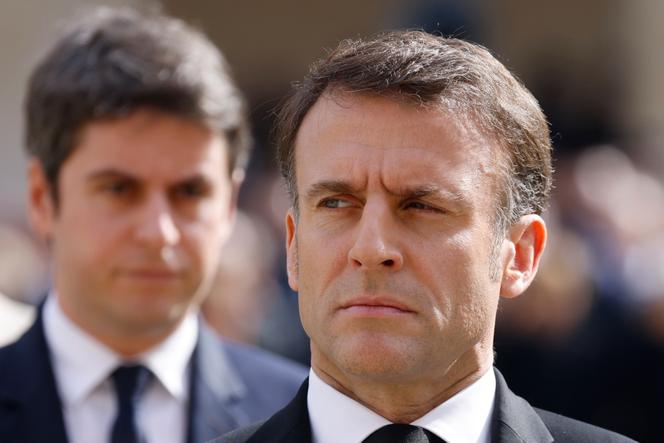

French elections: 'In our system, political logic prevails when it comes to naming a prime minister'

Julien Boudon is a professor of public law at Paris-Saclay University and an expert on the French Constitution. After the snap parliamentary elections, he reminds us that the only constraint on President Emmanuel Macron's actions is to form a government that would not be promptly ousted.
The president can maintain the government over the next few days. It's normal for there to be a period of uncertainty until the Assemblée Nationale convenes – it's inevitable. After a dissolution, as stipulated in article 12 of the Constitution, Parliament must meet on the second Thursday following the legislative elections, provided they occur outside the regular session [from October to June]. This is the situation today.
In reality, the president had three options. He could have immediately appointed a new prime minister. He could have refused Gabriel Attal's resignation and kept him in office with his government, which he did. Alternatively, he could have accepted Gabriel Attal's resignation, while asking him to remain in office to "take care of day-to-day matters."
This third option ensures the continuity of the State, but it is not the one that has been chosen, perhaps because it would have meant trimming the powers of the government. Without cutting off its wings, this system, governed by the jurisprudence of the Conseil d'Etat [the country's highest administrative court], restricts the government's authority to the bare minimum. The government is then confined to a very limited role, managing the day-to-day operations. However, it cannot take any significant political measures, as doing so could result in the Conseil d'Etat canceling those measures.
No, this would not have prevented him from taking such decisions in the face of terrorist attacks or natural disasters. In a 1952 decision, the Conseil d'Etat annulled a decree which had exceeded this framework, stating that this rule applied except in cases of emergency. The idea is to ensure that, in the event of serious peril, the government is not prevented from acting.
As in the three weeks of electoral "reserve" during the campaign, it is unlikely to make any major decisions. This would be difficult to defend politically. Nevertheless, the government retains significant leeway, because while the law establishes fundamental principles and reserves certain domains for itself – public freedoms, electoral law, criminal law... – the executive branch also has autonomous regulatory power.
You have 65.81% of this article left to read. The rest is for subscribers only.
